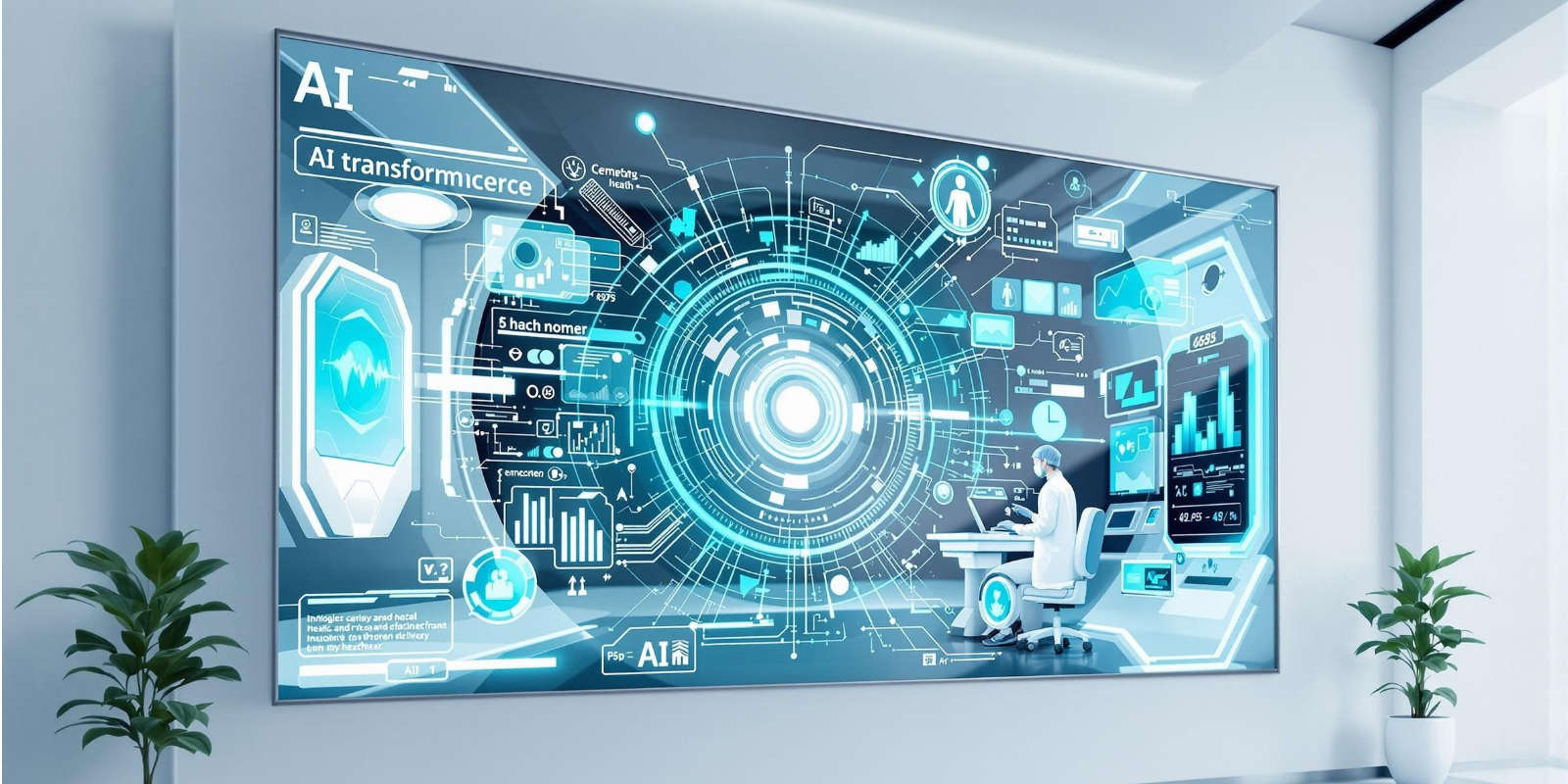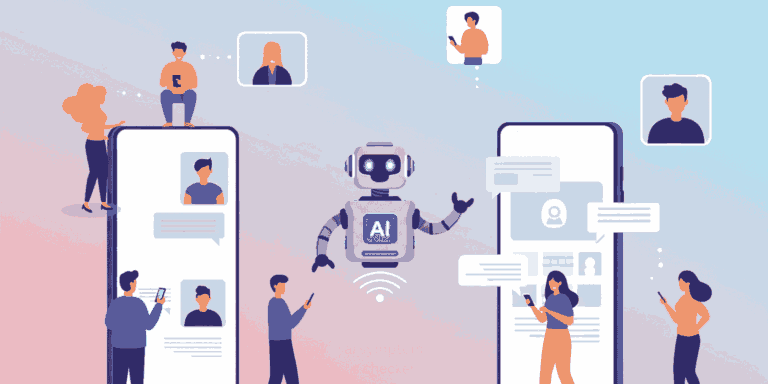When I graduated from medical school in the early 1990s, we used paper charts, film X-rays, and our five senses to diagnose patients. The idea that a computer algorithm might someday outperform physicians in diagnostic accuracy would have seemed like science fiction.
Yet here we are.
Recent studies in the Journal of the American Medical Association (JAMA) have confirmed what many in healthcare have suspected: artificial intelligence can often exceed doctors in diagnostic accuracy for certain conditions. As a physician who’s spent three decades honing my clinical skills, I had a choice – resist this technology or embrace it.
I chose to embrace it, and that’s why I created ChatRx..
What the Research Shows About AI in Medicine
The research on AI’s diagnostic capabilities is compelling. Studies published in JAMA and other leading medical journals have demonstrated that well-designed algorithms can:
- Identify skin cancers with accuracy comparable to dermatologists
- Detect diabetic retinopathy in eye scans better than many ophthalmologists
- Read mammograms with fewer false positives than radiologists
- Identify patterns in symptoms that might be missed by even experienced clinicians
These aren’t just laboratory findings. When deployed in real clinical settings, AI systems have already begun improving patient outcomes. A Stanford study found that an AI system reduced diagnostic errors for certain conditions by nearly 22% compared to physicians working alone.
For common acute infections – the 35 conditions ChatRx treats – the diagnostic accuracy of well-trained AI can exceed 95%, rivaling or exceeding the performance of experienced physicians.
The Doctor's New Partner, Not Replacement
Despite these impressive capabilities, AI isn’t replacing doctors anytime soon. As someone who’s stood at countless bedsides, looked into worried eyes, and delivered both good and devastating news, I understand that medicine is profoundly human.
What AI offers is a partnership – combining the computational power of algorithms with the wisdom, empathy, and judgment that can only come from human experience.
AI excels at:
- Processing vast amounts of medical information without fatigue
- Recognizing subtle patterns across thousands of cases
- Maintaining perfect consistency in applying clinical guidelines
- Operating 24/7 without the effects of stress or exhaustion
Physicians excel at:
- Understanding the whole person, not just their symptoms
- Navigating ethical gray areas and complex decisions
- Providing empathy and emotional support
- Adapting to unique circumstances not represented in training data
The future of medicine isn’t AI replacing doctors – it’s AI empowering doctors to provide better care.
How ChatRx Combines Human Expertise with AI Capabilities
At ChatRx, we’ve designed our platform to leverage the strengths of both AI and human medical expertise. Here’s how this partnership works:
First, our AI system was trained on thousands of real patient cases, with physician input at every step. We didn’t just feed it medical textbooks – we taught it how doctors actually think and decide.
Second, every clinical pathway in our system was developed by practicing physicians and reflects current evidence-based guidelines. The AI doesn’t make up its own rules; it follows the same standards of care that good doctors use.
Third, our system is continuously monitored and refined by a team of physicians who review cases, identify edge scenarios, and ensure that our AI makes appropriate decisions.
Finally, our AI knows its limitations. When a case falls outside its scope of expertise or presents warning signs of a more serious condition, it immediately directs patients to appropriate in-person care.
This isn’t AI replacing doctors – it’s AI extending the reach of medical expertise to more patients, more efficiently.
The Patient Experience in the Age of AI
From the patient perspective, AI-enhanced medicine through platforms like ChatRx offers several key advantages:
Immediate Access: Instead of waiting days for an appointment or hours in a waiting room, patients can begin the diagnostic process instantly.
Thorough Assessment: Our AI never rushes and asks all the relevant questions – something that’s increasingly rare in today’s time-pressured medical practices.
Consistent Quality: The standard of care doesn’t vary based on which doctor you happen to see or what time of day you seek treatment.
Comfortable Environment: Patients can seek care from home, without the stress of travel or exposure to other ill patients.
Lower Costs: By streamlining the process, we can provide care at a fraction of the cost of traditional office visits.
Most importantly, AI can give physicians back the time they need to be more human. When routine cases can be handled efficiently through platforms like ChatRx, doctors have more time for complex cases that truly need their unique skills.
Real-World Impact: How AI Will Change Outcomes
The benefits of AI-enhanced medicine aren’t theoretical – they’re already improving patient outcomes in measurable ways. Here’s a look at how ChatRx will make a difference:
A rural patient with recurrent urinary tract infections will be able to use ChatRx to receive appropriate treatment within minutes of symptom onset, compared to her previous experience of waiting 2-3 days for appointments. This early intervention can prevent the kidney infection she had experienced twice before when treatment was delayed.
A night shift worker with strep throat will be able to access care at 3 AM through our platform and begin antibiotics before his shift ends. He will be able to avoid missed work and prevent spread to his coworkers.
A mother of three with a skin infection will receive prompt diagnosis and treatment without needing to arrange childcare or miss work and avoid the progression to cellulitis she had experienced previously when she delayed care due to logistical challenges.
These scenarios share a common theme: AI-enhanced medicine isn’t just more convenient – it will be able to deliver care at the right time, which is often the difference between a quick recovery and a serious complication
The Future of AI in Medicine
We’re just at the beginning of AI’s transformation of healthcare. Looking ahead, I see several exciting developments on the horizon:
Predictive Care: AI will help identify who needs intervention before symptoms become severe, shifting us from reactive to proactive medicine.
Personalized Treatment: Algorithms will help tailor treatments to individual patients based on their unique characteristics, moving beyond one-size-fits-all approaches.
Democratized Expertise: The highest standard of medical knowledge will be available to everyone, regardless of location or socioeconomic status.
Enhanced Human Connection: As AI handles more routine aspects of care, physicians will have more time for meaningful patient interactions.
At ChatRx, we’re working to bring this future into the present, starting with common acute infections that affect millions of Americans each year.
Embracing AI's Role in Medicine's Future
After 30 years in medicine, I’ve seen many technologies come and go. Some delivered on their promises; others fell short. AI in healthcare isn’t just another trend – it’s a fundamental shift in how we deliver care.
For physicians, embracing AI means focusing more on what makes us uniquely human – our empathy, judgment, and ability to connect with patients in their most vulnerable moments.
For patients, AI-enhanced medicine means more accessible, affordable, and consistent care that meets them where they are, when they need it.
And for our healthcare system as a whole, it offers a path to sustainability in the face of physician shortages, rising costs, and increasing demand.
The doctor of the future won’t be replaced by an algorithm – but the doctor who refuses to work with algorithms might be replaced by one who does. At ChatRx, we’re building a future where humans and AI work together to provide better care than either could alone.
We’re currently accepting early sign-ups as we prepare for our launch across Indiana, Michigan, and Illinois. By joining our waitlist now, you’ll be among the first to access our platform when we launch later this spring. You’ll also receive exclusive updates about our progress and special early-access benefits.












